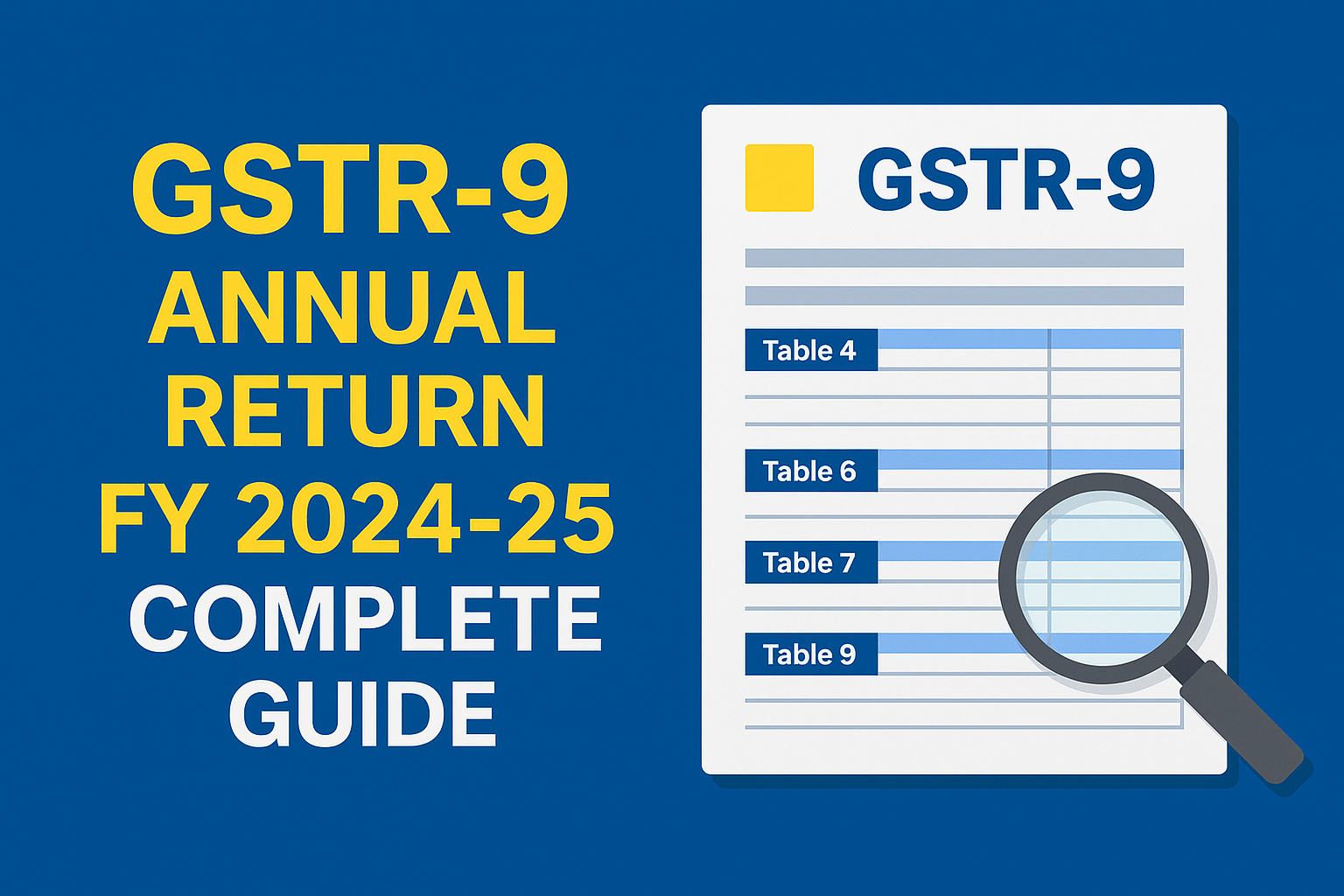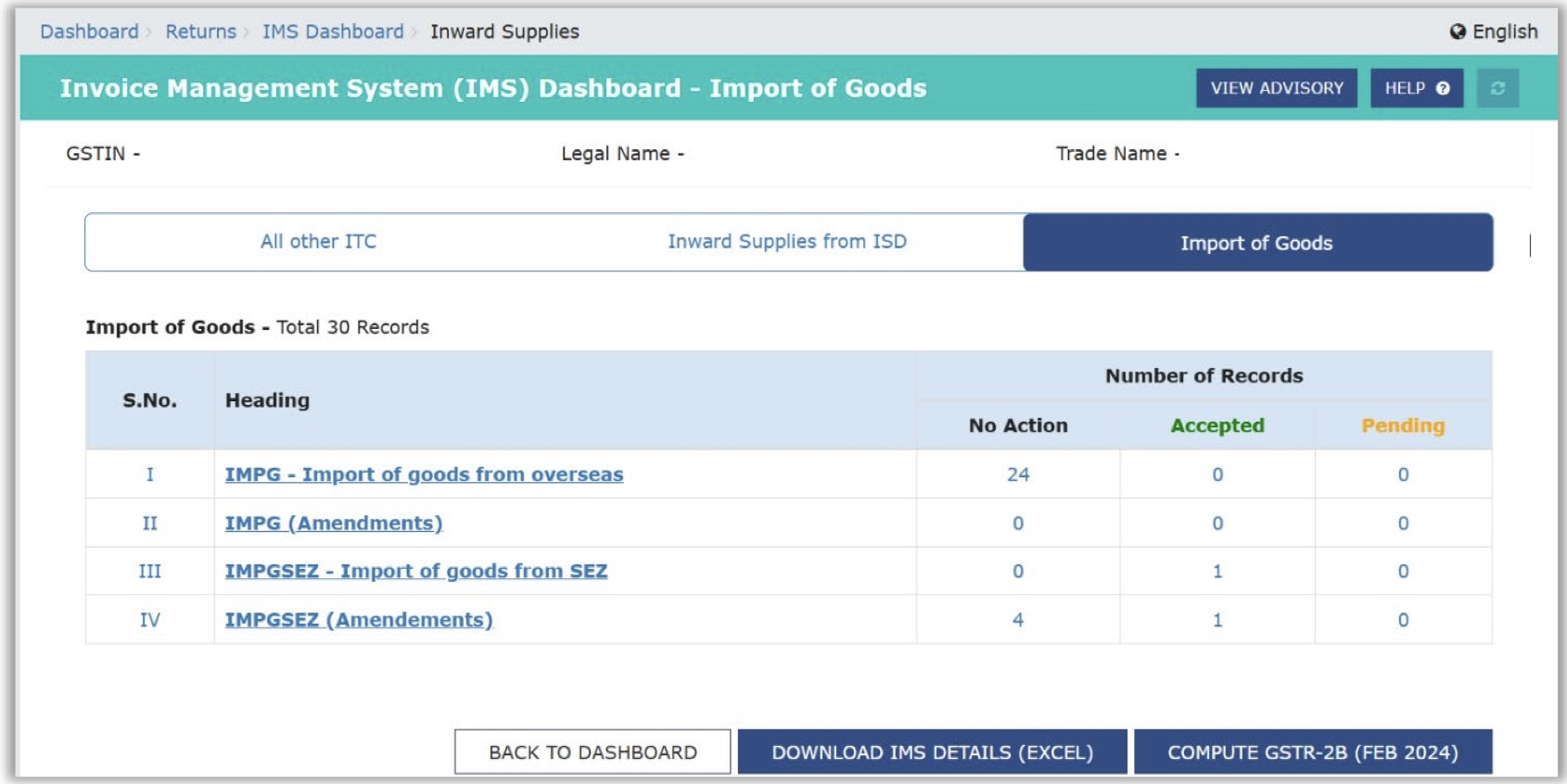The Institute of Chartered Accountants of India (ICAI) has recently issued a detailed set of FAQs clarifying the Auditor’s Opinion on Financial Statements functionality while generating UDIN.
These clarifications are especially important as they directly impact Tax Audit and Audit & Assurance assignments being uploaded during the peak audit season.
Below is a detailed summary of the FAQs and their practical implications for members.
Q1. Is Auditor’s Opinion on financial statements a compulsory field?
✅ Answer:
Yes, Auditor’s Opinion on financial statements is compulsory only for two categories:
- GST & Tax Audit
- Audit & Assurance Functions
For other categories such as internal audit, concurrent audit, or valuation, this field is not mandatory.
Q2. What details need to be entered in Auditor’s Opinion on financial statements functionality?
✅ Answer:
When you generate a UDIN, the portal displays the question:
“Is Auditor’s Opinion on financial statements applicable to this audit?”
Depending on your selection, the following applies:
➤ If “Yes”:
You must provide additional details:
- Select the Type of Opinion from the dropdown —
- Unmodified Opinion
- Qualified Opinion
- Adverse Opinion
- Disclaimer of Opinion
- Select Yes/No for the following additional reporting elements in the Auditor’s Report:
- Key Audit Matter (KAM)
- Emphasis of Matter (EOM)
- Other Matter
- Material Uncertainty related to Going Concern
- Select Entity Type — Listed or Non-Listed.
- If “Listed Entity” → proceed directly.
- If “Non-Listed Entity” → choose the specific sub-type (e.g., Sole Proprietorship, Partnership, Private Limited, etc.) or select “Others” if not listed.
➤ If “No”:
No further details are required and the member can proceed to the next step.
Q3. What is a “Modified Opinion”?
✅ Answer:
As per SA 705 (Revised) – Modifications to the Opinion in the Independent Auditor’s Report, a modified opinion can be of three types:
- Qualified Opinion
- Adverse Opinion
- Disclaimer of Opinion
These arise when the auditor concludes that the financial statements do not fully reflect a true and fair view due to misstatements or inability to obtain sufficient evidence.
📊 Extract from SA 705 (Revised):
| Nature of Matter Giving Rise to Modification | Auditor’s Judgment on Pervasiveness | Type of Opinion |
|---|---|---|
| Financial statements are materially misstated | Material but not pervasive | Qualified Opinion |
| Financial statements are materially misstated | Material and pervasive | Adverse Opinion |
| Inability to obtain sufficient appropriate audit evidence | Material but not pervasive | Qualified Opinion |
| Inability to obtain sufficient appropriate audit evidence | Material and pervasive | Disclaimer of Opinion |
Q4. When should the option “No” be selected for “Is Auditor’s Opinion applicable to this audit?”
✅ Answer:
Select “No” only in cases where true and fair view reporting is not required, i.e., when the engagement does not involve expressing an opinion on financial statements.
As per SA 700 (Revised), the auditor must form an opinion only where financial statements are prepared to present a true and fair view. Hence, in assignments not involving such reporting, “No” is appropriate.
Q5. Is auditor’s opinion required for concurrent audit, stock audit, revenue audit, internal audit, valuation report, system audit, or compilation engagements under SRS 4410?
✅ Answer:
No.
These engagements do not require an auditor’s opinion on financial statements. They are not assurance engagementsunder SA 700 and hence not covered by this UDIN functionality.
Q6. Is Auditor’s Opinion on financial statements required for Tax Audit under Section 44AB of the Income Tax Act, 1961?
✅ Answer:
Yes, in case of Tax Audit under Section 44AB:
- Under Clause 3(b) of Form 3CB, the auditor is required to express an opinion on financial statements — therefore, details must be entered while generating UDIN.
However:
- Under Clause 3 of Form 3CA and Clause 5 of Form 3CB, the auditor expresses an opinion on particulars in Form 3CD, not on the financial statements themselves.
Hence, these clauses do not require separate reporting under this new UDIN field.
Q7. Is Auditor’s Opinion required for audits under the Maharashtra Charitable Trust Act?
✅ Answer:
Yes.
Under the Maharashtra Charitable Trust Act, an auditor must form an opinion on the financial statements of the trust. Accordingly, this information must be provided in the UDIN generation process.
Q8. How should the auditor report when material uncertainty exists regarding the entity’s ability to continue as a going concern?
✅ Answer:
Reporting on such uncertainty must be done in line with SA 570 (Revised) – Going Concern and related ICAI technical guidance.
The auditor must evaluate management’s assessment and include appropriate disclosure on Material Uncertainty related to Going Concern in the Auditor’s Report.
Q9. Is a modification in reporting under audit trail required to be reported under this functionality of UDIN?
✅ Answer:
No.
As per Rule 11(g) of the Companies (Audit and Auditors) Rules, 2014, the auditor reports on audit trail under the section “Report on Other Legal and Regulatory Requirements.”
A modification in audit trail reporting does not affect the main Auditor’s Opinion on the financial statements. Hence, it does not require any modification under this UDIN functionality.
Q10. Is a modification in reporting under Internal Financial Controls (IFC) required to be reported under this functionality of UDIN?
✅ Answer:
No.
Section 143(3)(i) of the Companies Act, 2013 requires the auditor to comment on Internal Financial Controls over Financial Reporting (IFCFR).
If deficiencies exist, the auditor may issue a modified opinion on IFCFR, but this does not automatically modify the main Auditor’s Opinion on the financial statements.
Therefore, no reporting is required under this new UDIN functionality for such IFC modifications.
🧩 Practical Takeaways for Members
- Compulsory for GST & Tax Audits and Assurance Functions only.
- Select “No” only if the engagement doesn’t involve opinion on true and fair view.
- Tax audit cases under Form 3CB need opinion reporting; Form 3CA audits do not.
- No separate reporting needed for internal, concurrent, stock, or revenue audits.
- Material uncertainty and going concern issues must align with SA 570 guidance.
- Audit trail or IFC modifications are outside the scope of this functionality.
📘 Summary
The new UDIN update aims to align auditor reporting with Standards on Auditing (SAs) while strengthening traceability of the auditor’s opinion through the UDIN system.
However, given its timing — just before the Tax Audit filing deadline — professionals must quickly familiarize themselves with these new requirements to ensure accurate and compliant UDIN generation.
Visit www.cagurujiclasses.com for practical courses
https://www.youtube.com/watch?v=NgsD-49CKVI











